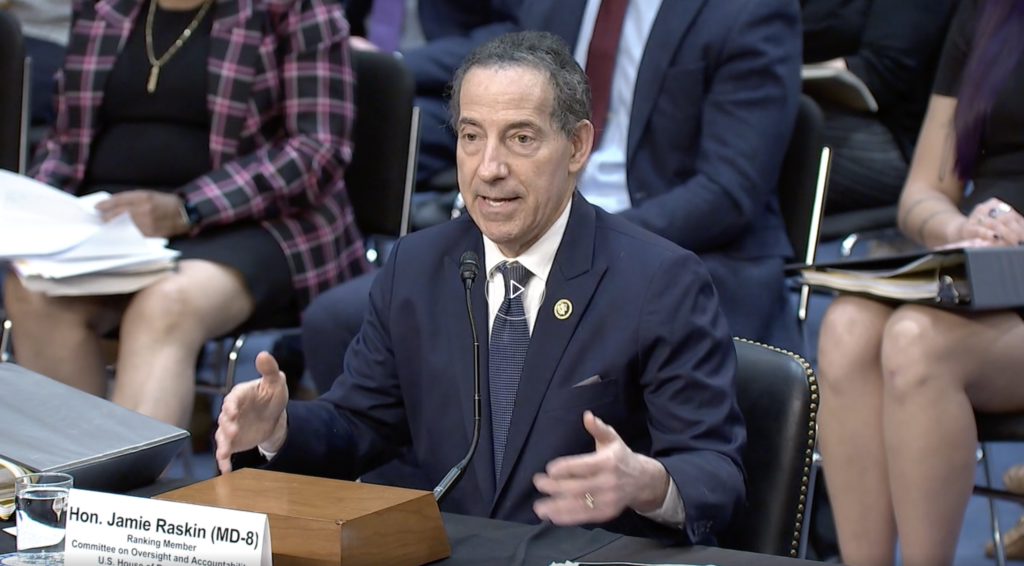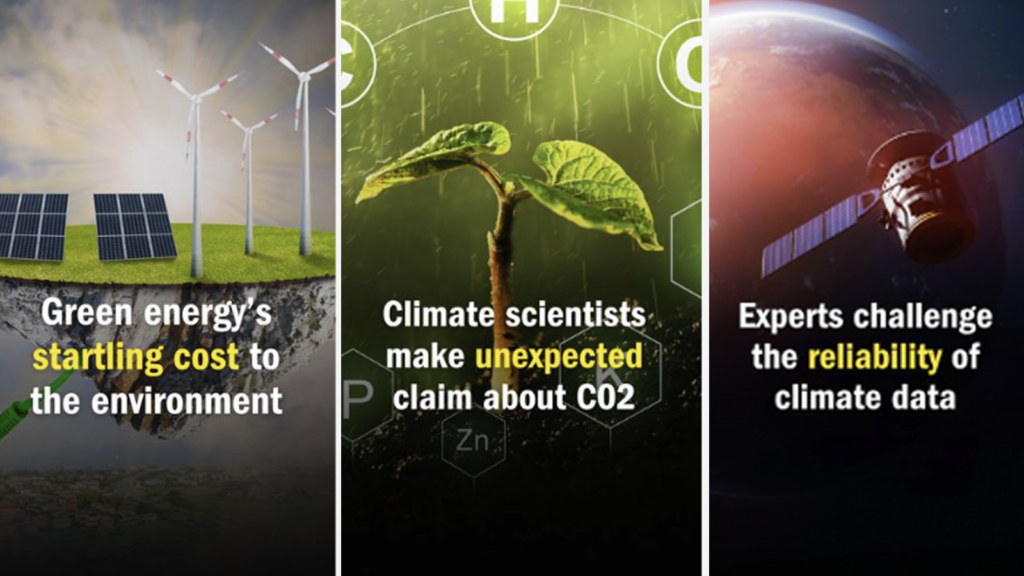There’s no doubt about it. It’s been a challenging year for climate science and climate scientists, for journalists, and for the public. A string of legislative and regulatory disappointments coupled with dizzying political spin have left many more confused than ever about the overwhelming scientific consensus of climate change.
It’s been a particularly grim year following the Citizens United decision that ushered in a new era of rampant electoral spending on climate change denial; the U.S. midterm elections produced a Senate filled with climate change skeptics and deniers; a failed climate bill or two, and after the Copenhagen talks failed to produce any real results. In addition, many pundits and analysts are giving us good reason to believe the U.S. won’t see a climate bill for two years, and little reason to believe that real climate progress will be made in Cancun next week. It seems there’s a lot of reason to feel distressed.
Last week marked a year since the so-called Climategate “scandal” sent climate change deniers into an echo chamber frenzy. Bud Ward and John Wihbey aptly note that to even call it “climategate” lends it credence that is undeserved. Yet it is imperative that we try to learn lessons from it. This certainly won’t be the last difficult year for the climate change movement; an increasingly challenging political environment promises more interesting times ahead, both for the science and for the scientists who devote their lives to the subject. In a nutshell, we’ve got our work cut out for us.
In this great two part series from the Yale Forum on Climate Change and the Media, Ward and Wihbey explore what climate scientists have learned in the last year, and share what the reporters whose responsibility it is to share and help evaluate their findings have learned.
Peter H. Gleik of the Pacific Institute writes,
…there is an improved realization of how impossible it is to keep the climate science questions and debates separate from the political and ideological debates. And I hope we’ve learned the importance of communicating accurately and constantly. Being passive in the face of political repression, ideological misuse of science, and policy ignorance moves us in the wrong direction. I would like to think the community has learned that depending on the “honesty” and “impartiality” of journalism is not enough … that without strong input from climate scientists, the wrong stories get reported, with bad information, and ideological bias.
Similarly, Andrew Revkin writes,
If science media tried to sustain coverage of science (including climate science) as a process, including the ugly parts, the public might be less apt to be surprised by occasional revelations of conflict like those illuminated through the batch of hacked/liberated (pick your adjective depending on your worldview) e-mails and files.
Beware the lure of the front-page thought in gauging developments in complicated science pointing to a rising human influence on climate, lest you end up giving readers whiplash. Try rigorously to include context on the overall state of knowledge when framing stories on science around conflict, given that conflict is a constant in science.
Develop patience. The story of humanity’s entwined climate and energy challenges will outlive you. No single treaty, meeting, e-mail hack, IPCC report, or climate bill is a keystone.
Read on about climate scientists’ and journalists inspiring and thoughtful lessons and ruminations on the ‘climate’ of climate change in the last year at the Yale Forum on Climate Change and the Media (Part IPart II).
Subscribe to our newsletter
Stay up to date with DeSmog news and alerts





